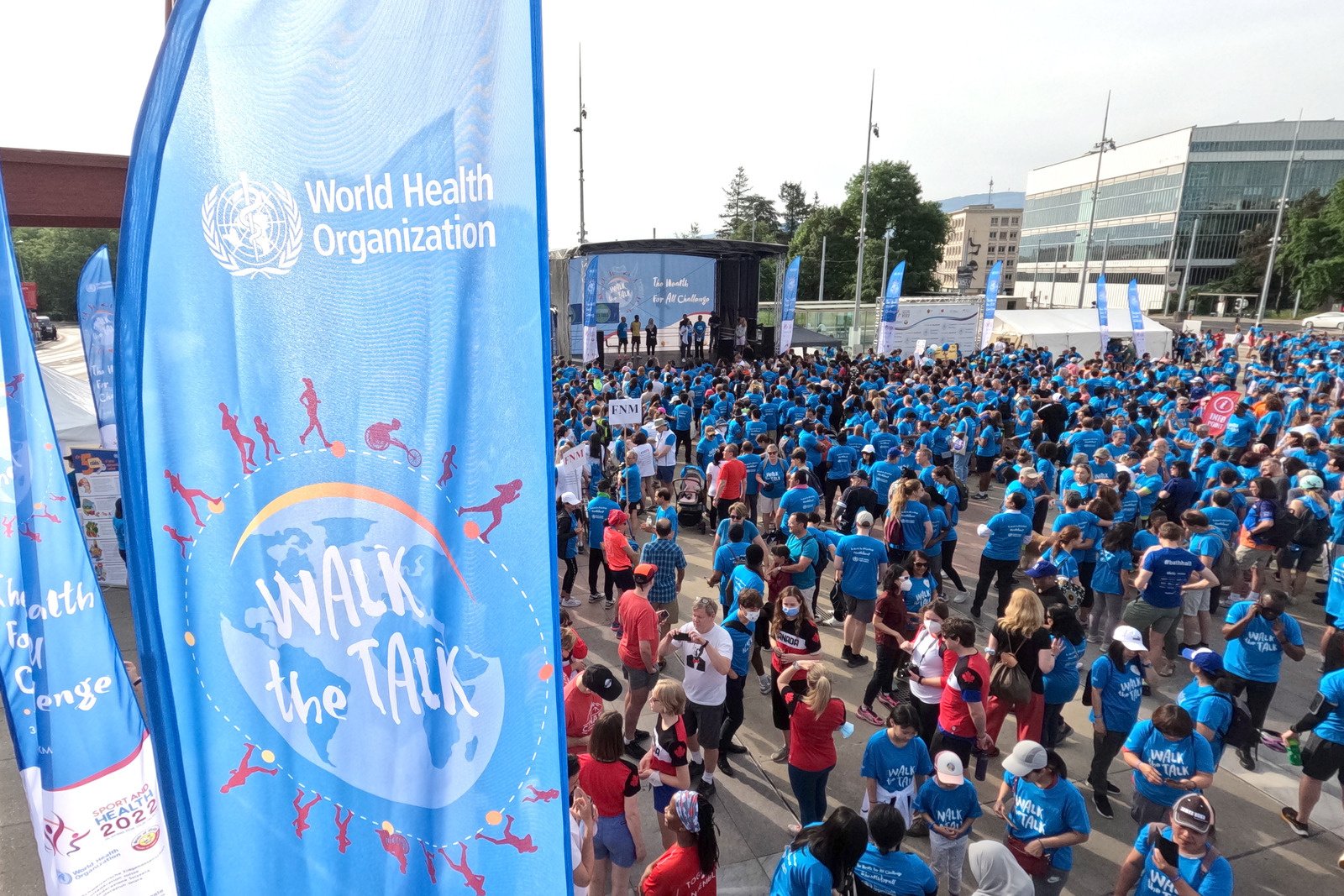Taiwan should attend WHO Assembly given its ‘significant contributions’ to global public health
The World Health Organisation is set to hold its annual meeting on 21-30 May in Geneva. Several countries support Taiwan’s presence as an "observer", but mainland China is poised to reject it. Taiwan’s Health Minister Hsueh Jui-yuan stresses that exchanging information in a post-pandemic world is crucial and points to the island's health system as a “model".
Taipei (AsiaNews) – A couple of days before the World Health Organization (WHO) holds its annual assembly on 21-30 in Geneva, Switzerland, Taiwan is still hoping for a last-minute invitation.
Although mainland China considers the “rebel” island as an integral part of its territory, international support for its presence has been growing in recent weeks.
China has always opposed Taiwan’s presence at major international conferences, and nothing suggests that it is going to change its mind this time, despite Taiwan’s potential contributions in the health field.
Still, "Support for us is stronger than in the past,” said Taiwanese Foreign Minister Joseph Wu at a press conference. "Even though we still haven't received an invitation letter for the assembly this year, we haven't given up and continue to, through various channels, clearly express our demand to the WHO."
Australia, the United Kingdom, Canada, Germany, Japan, Lithuania, and the Czech Republic have joined US Secretary of State Antony Blinken who earlier this month urged the WHO to invite Taiwan as an observer.
“Taiwan’s isolation from the WHA, the pre-eminent global health forum, is unjustified and undermines inclusive global public health cooperation and security," reads a joint statement by these countries.
The World Health Assembly (WHA) is the decision-making body of the World Health Organization (WHO) and its annual meetings provide an opportunity to develop global and integrated health plans.
This is increasingly needed, especially after the global health crisis triggered by the COVID-19 pandemic kept the world on hold for three years until recently.
In fact, experts explain that more pandemics will come; for this reason, it is imperative to work together and have international health experts meet, whereas those from Taiwan have been banned for years from international meetings because of a Chinese veto.
Until 2016, a Taiwanese delegation was able to attend the annual WHA without the right to address the forum. China’s attitudes hardened after current Taiwanese President Tsai Ing-wen, a "separatist" in Xi Jinping’s eyes, was elected that year.
This is a thorny issue, because the presence of the "rebel" island would benefit everyone given its knowhow and experience in the medical sector; what is more, as well as representing a violation of the UN principles of equality, inclusion and collaboration, Taiwan’s exclusion constitutes a threat to global health.
One among many examples is the work of Dr Liu Yu-ming, who created an effective prognosis prediction tool for cancer, but cannot present it and share information with colleagues in the rest of the world.
In a statement, Taiwan’s Minister of Health and Welfare Hsueh Jui-yuan stressed the need for "sustainable health development in the post-pandemic era".
“During the COVID-19 pandemic, Taiwan effectively mitigated the spread of the disease, leveraging its comprehensive public healthcare system, well-trained antipandemic personnel, and epidemiological surveillance, investigation, and analysis systems,” writes the minister.
“The Taiwanese people have played a pivotal role in the success of Taiwan’s antipandemic model by wearing masks, practicing social distancing, avoiding crowded areas, following quarantine regulations, and getting vaccinated.”
What is more, “Taiwan established a universal healthcare insurance system in 1995. Since that time, the government has continued to provide disease prevention and healthcare services so that people of all ages can enjoy the right to health.”
Taiwan’s health system thus serves a model at both regional and international levels, which is why the failure to invite the country to the WHO assembly is even more serious.
“Now that the COVID-19 pandemic is abating and dialogue on strengthening health systems worldwide is accelerating, Taiwan should not be left out.”
Hence, Minister Hsueh urges all parties “to support Taiwan’s inclusion in the World Health Assembly as an observer, as well as Taiwan’s full participation in WHO meetings, mechanisms, and activities”, especially in light of its “significant contributions to global public health.”







.png)










